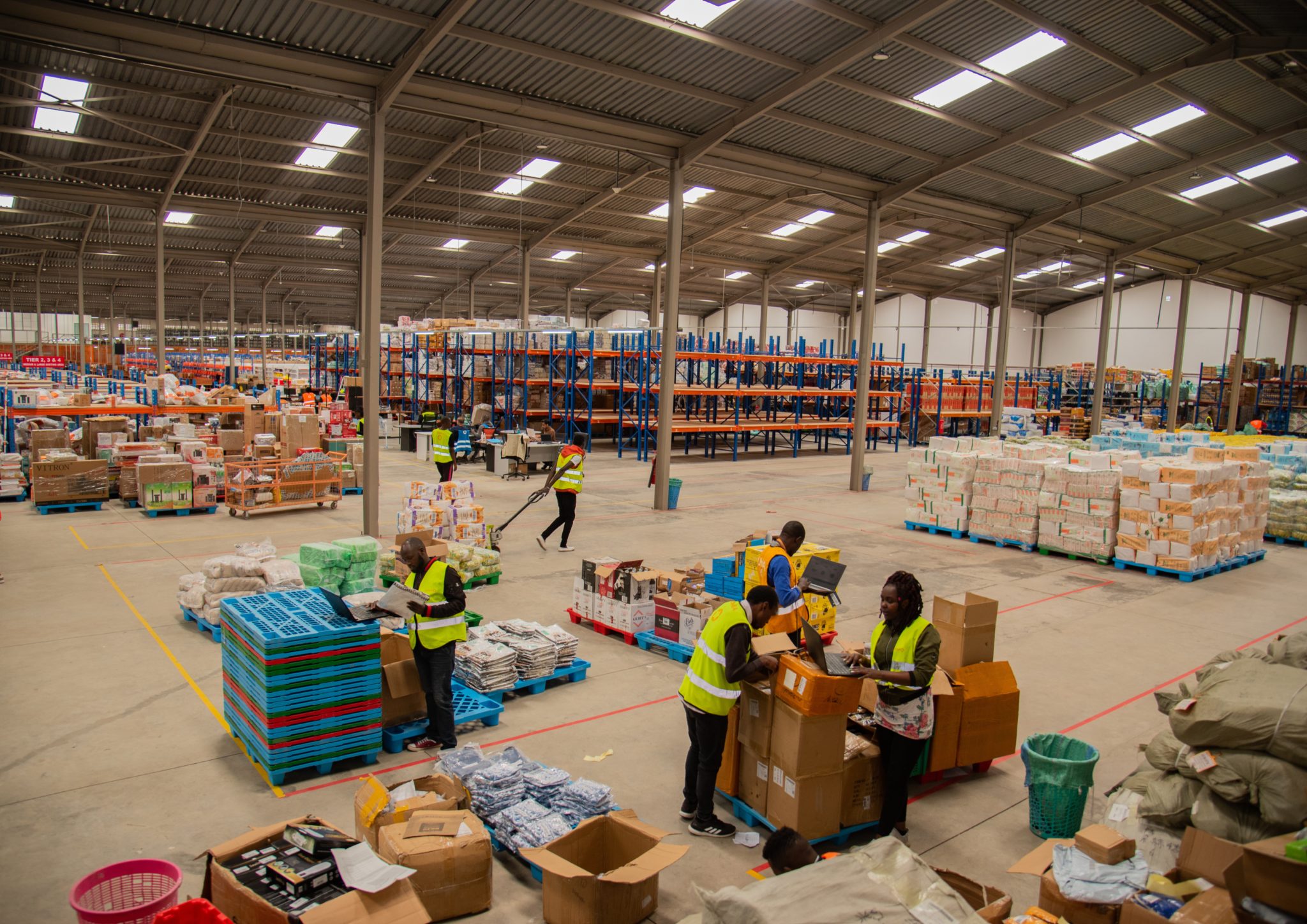Jumia, Africa’s largest ecommerce company, can now be held responsible for any disputes resulting from third-party transactions made through its platform, after reviewing its terms and conditions. This development is a result of COMESA’s (the Common Market for Eastern and Southern Africa) ruling to this effect. The international economic community has been investigating Jumia’s terms and conditions since September 2021 and has now ruled that the company will no longer be able to avoid responsibility for goods sold on its platform.
In a statement, COMESA said, “The Commission’s observation was that Jumia was dissociating itself from the transaction when in an actual transaction, the consumer deals only with Jumia, in that it is the one that receives the orders, payments and delivers on behalf of the seller.”
Over 58% of Jumia’s revenue last year came from its “Marketplace” where third-party sellers sell their products. The marketplace is not a separate section on Jumia’s website, as the company also sells products in the marketplace. As part of the ruling, Jumia must now clearly indicate where it is the primary seller and in third-party transactions, it must provide a sale agreement for buyers to review before buying the goods.
The ruling also ensures that customers have a right to sue Jumia when the contact information of third-party sellers cannot be established. Jumia now has a duty to ensure that any information on sellers and products posted on its platform is accurate. “Any person affected by the inaccuracy of the information published on the platform can return the product to the extent that it is affected by the inaccurate information that was bought through the platform,” stated the Commission.
Jumia also now has to disclose its legal information to its customers after the commission found that its website did not disclose any information that will allow customers to sue Jumia. The company was also required to disclose channels of communication and dispute resolution to its customers.
COMESA’s ruling is especially important as many ecommerce platforms tend to disassociate themselves from third-party transactions, which often leaves customers in despair after buying faulty goods. The ruling is a right step in derisking ecommerce in Africa and will likely create trust for customers with ecommerce players, as more Africans continue to look online for goods and services.




















